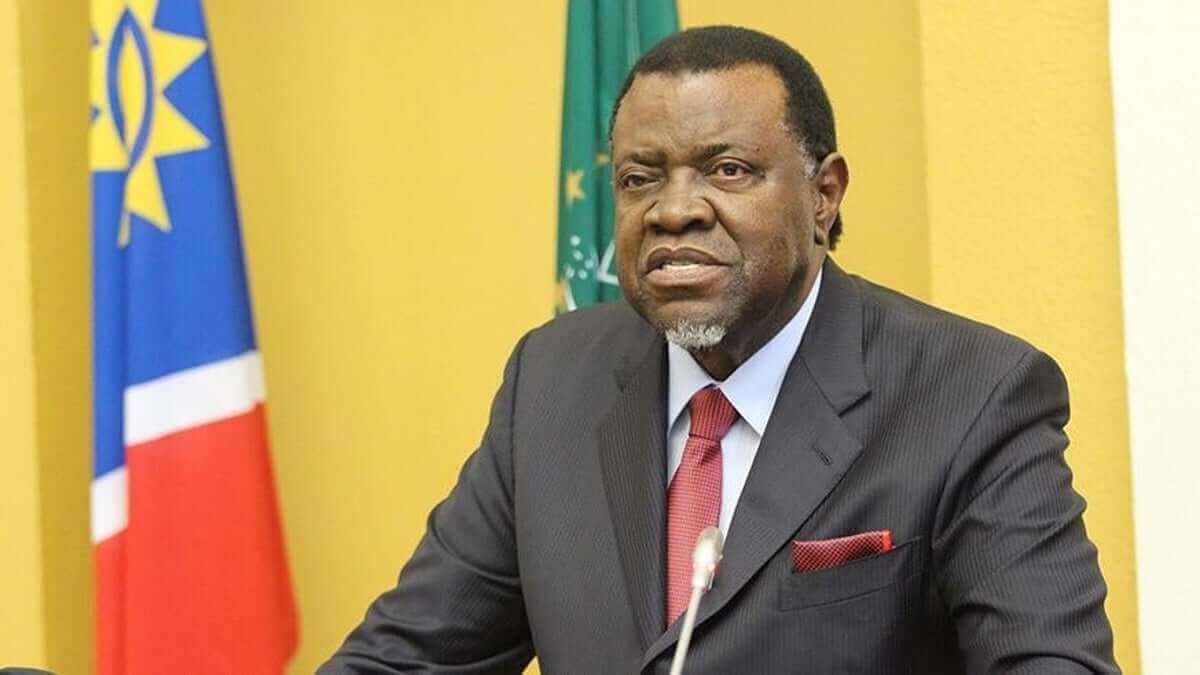The Namibian government on Tuesday rejected Germany’s genocide reparations offer for crimes committed by its troops between 1904 and 1908, during which time more than 100,000 people were killed in the former German colony.
During that period, the Herero and Nama ethnic groups defied German colonialism, opposing the expropriation of their land and cattle. In response, Lothar von Trotha, who headed Germany’s military in the region, ordered a genocide on tens of thousands of people. While many were killed, others were placed in brutal concentration camps. The massacre wiped out 75% of the Herero population and roughly 50% of the Nama population.
While Germany agreed to apologize in principle in June, it has yet to tender a formal apology. Negotiations over reparations have been ongoing for five years, with the two parties engaging in eight rounds of negotiations so far. After Germany’s offer, Namibian President Hage Geingob said that the offer was “not acceptable”, taking offense to Germany’s characterization of its offer as “healing the wounds” rather than “reparations”, thus distancing itself from guilt and blame. Accordingly, Geingob said the terms of the agreement need to be “revised”.
Germany also refused to use the term “reparations” in its negotiations with Jews and Israel in 1952. It is thought that Germany is reticent to use the term as it may pave the way for other countries—such as Poland, Greece, and Italy—making similar claims for crimes committed against its people during World War II.
Descendants of survivors of the Namibian massacre are demanding a $4 billion compensation from the German government. However, unconfirmed media reports that Berlin has offered merely €10m ($11.7 million), and thus Geingob rejected not only the terminology used by Germany but also the amount being offered.
Germany’s special envoy for the negotiations, Ruprecht Polenz, remarked, “What matters is that the negotiations are ongoing, and I am still optimistic that a solution can be found. Germany wants to live up to its moral and political responsibility.”
Although it remains highly reluctant to accept responsibility for the actions committed by its past leaders, Germany has offered assistance to Namibia in other areas. For instance, in July 2020, Germany led a European Union (EU) delegation that made an offer of €13 million towards conservation and tourism, from which Germany’s contribution was in excess of €11 million.
Likewise, in 2019, Germany returned a stolen 15th century artifact called the Stone Cross. At the time, German Minister of State for Media and Culture Monika Gruetters said described the action as “a clear signal that we are committed to reappraising the colonial past”.
The two parties are expected to schedule a final round of talks following this latest impasse in negotiations.
Namibia Rejects Germany’s Genocide Reparations Offer, Calls it “Not Acceptable”
Germany led a massacre against the Namibian people between 1904 and 1908.
August 13, 2020

Namibian President Hage Geingob SOURCE: THE PUNCH NEWSPAPER
